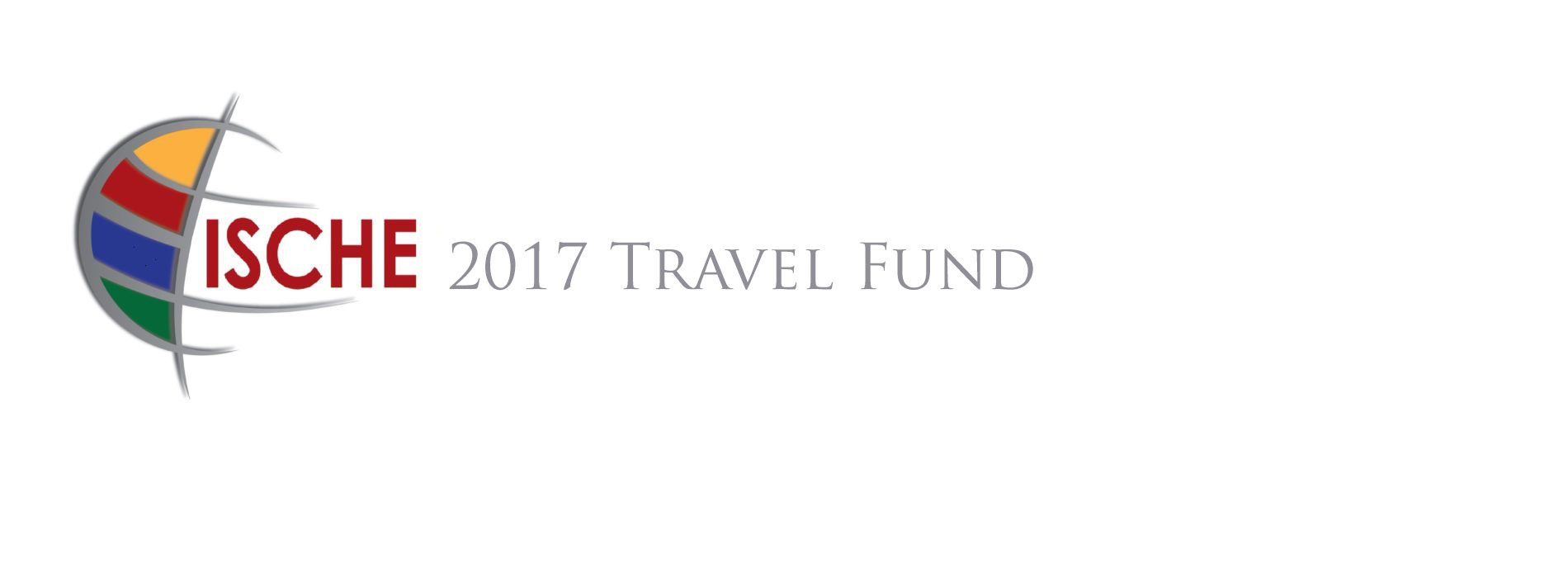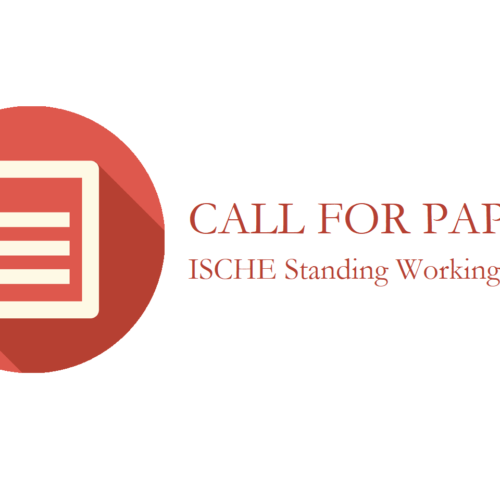Travel funds to attend the annual conference
Starting this year ISCHE is devoting some of the membership revenue to an ISCHE Travel Fund for the annual conference. These funds are for advanced students and early career researchers (up to 5 years post-PhD), with particular preference given to scholars based in low-GDP countries.
Applicants must have their conference paper accepted and submit the following documents to information@ische.org with the subject line: “early career travel support” before April 30:
- Travel Fund request (available here)
- Evidence of advanced student or early-career status (student card, dissertation certificate)
- Brief CV (maximum 2 pages)
We define Low-GDP countries using World-Bank data as having a per-capita of less than US$26,000 per year. This means that countries eligible for the Low-GDP reduction are all African countries; Asian and Middle East countries [with the exception of Brunei Darussalam, Hong Kong SAR, Israel, Japan, Kuwait, Macau SAR, Qatar, Singapore, UAE]; Latin American Countries; as well as the following countries in wider Europe Albania, Armenia, Azerbaijan, Belarus, Bosnia-Herzegovina, Bulgaria, Croatia, Czech Republic, Estonia, Georgia, Greece, Hungary, Kazakhstan, Kosovo, Latvia, Lithuania, FYR of Macedonia, Malta, Moldova, Montenegro, Poland, Portugal, Romania, Russia, Serbia, Slovakia, Slovenia, Turkey and Ukraine).
About author
You might also like
ISCHE 46 – Call for Submissions – Deadline 5 January 2025
The submission phase for ISCHE 46 is now open. ISCHE, the University of Lille, and the Institut de Recherches Historiques du Septentrion would like to invite scholars to participate with
ISCHE Global Histories of Education – now indexed by SCOPUS
We are pleased to announce that the ISCHE Global Histories of Education has been accepted for indexing by SCOPUS. This series has already published superbly produced books (monographs and edited
Laic Education SWG invites submissions for ISCHE 39 Conference. Deadline: Jan. 31, 2017
History of Laic Education: Concepts, Policies and Practices around the World Our aim as SWG is to contribute to the explanation of the diversity of processes and conditions underlying the



